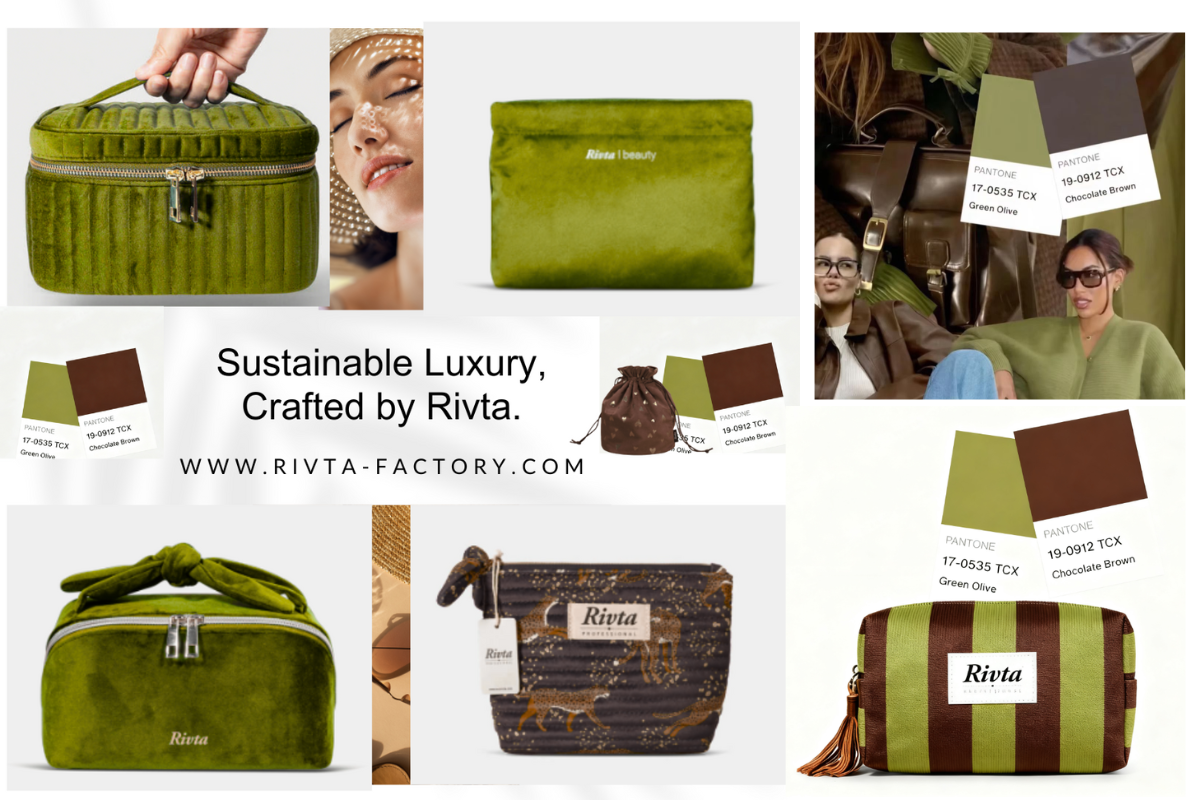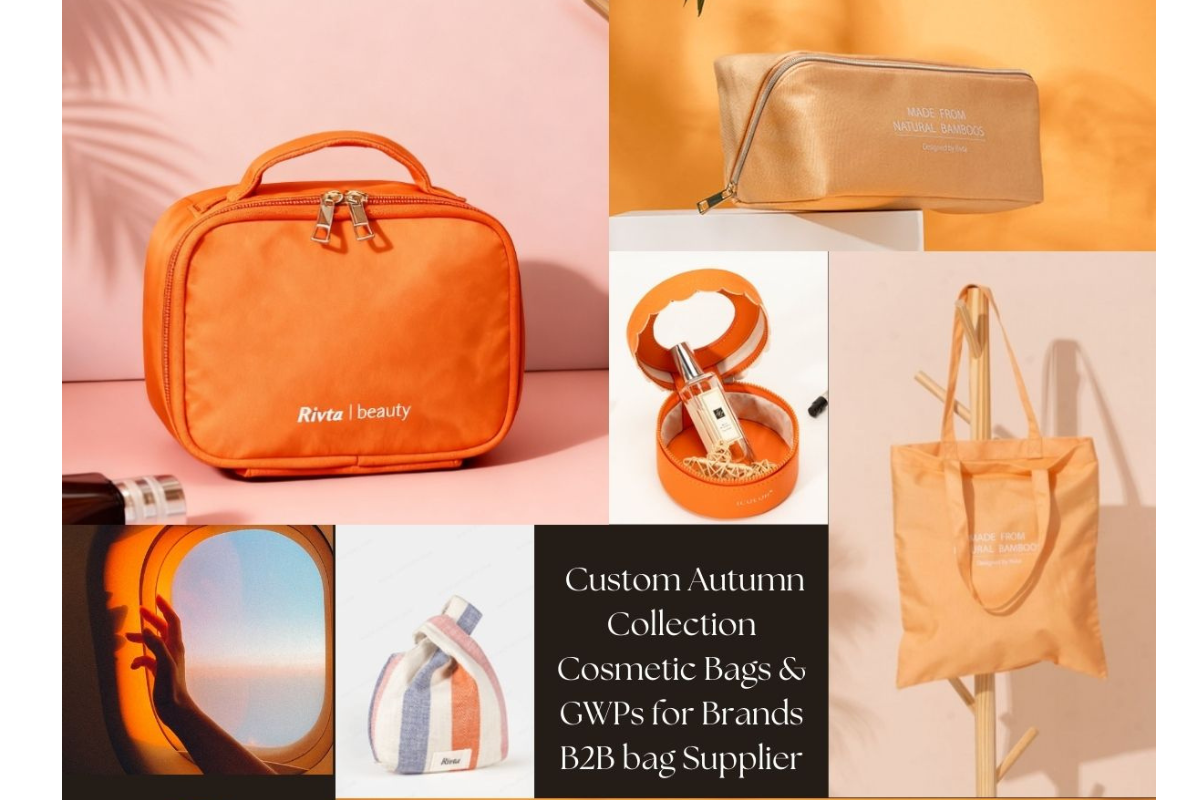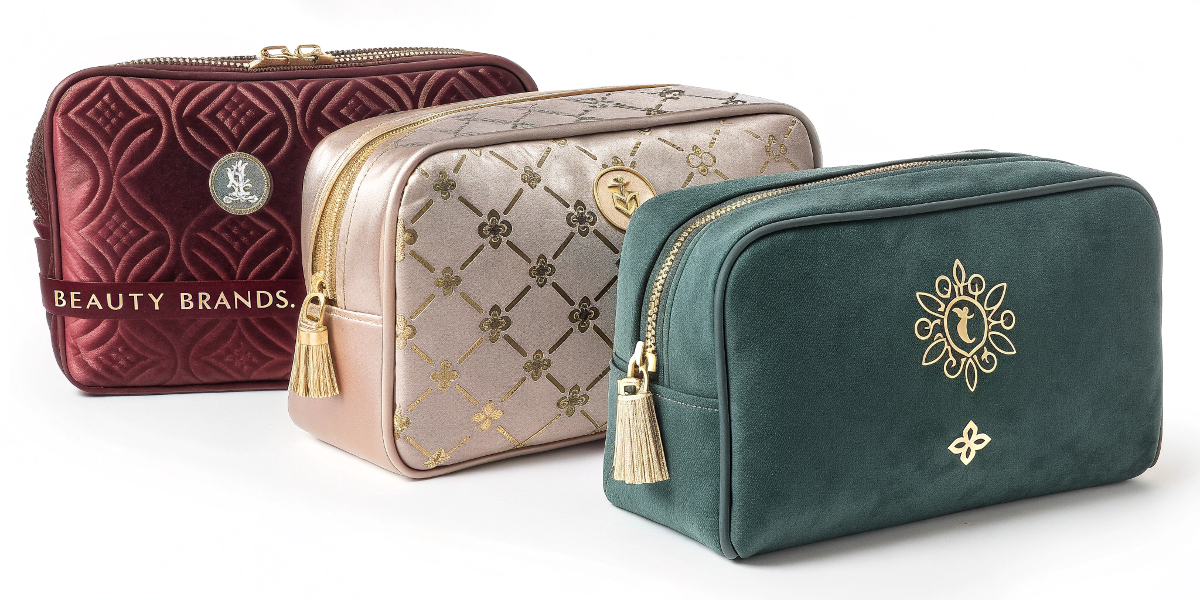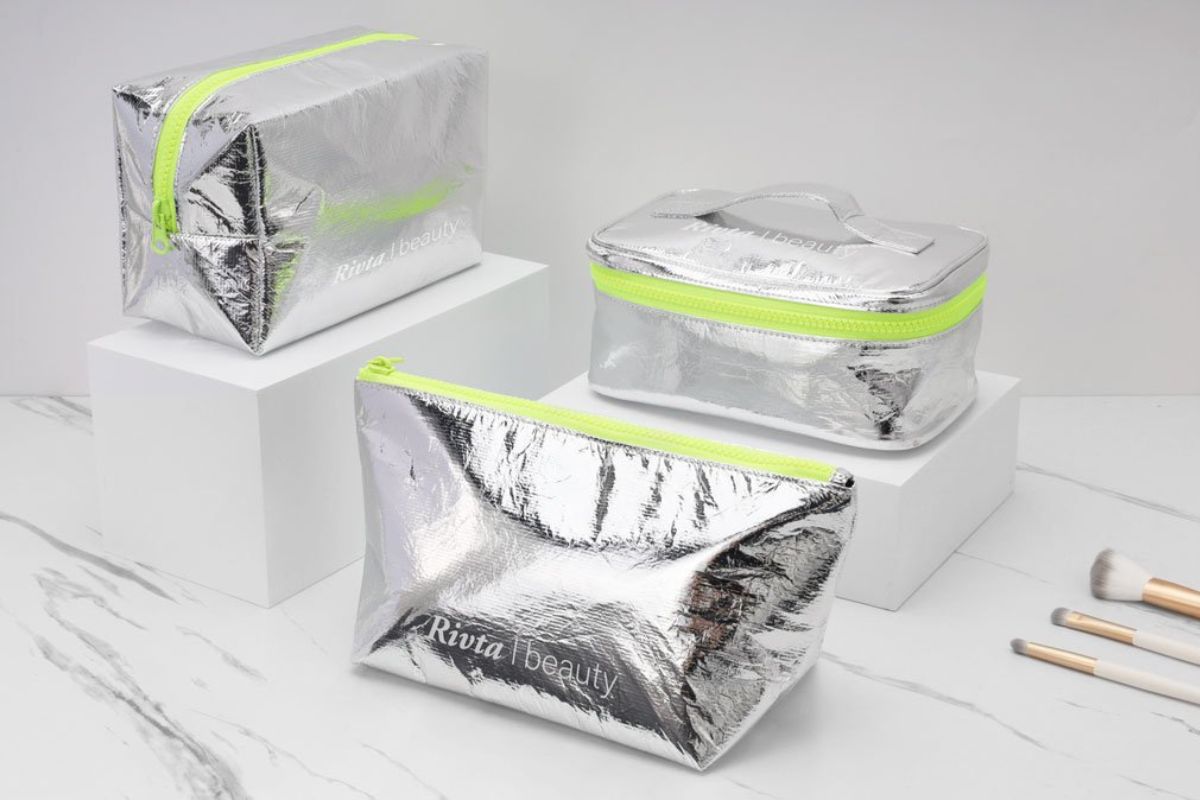Tips for Choosing a Sustainable Pillowcase Manufacturer
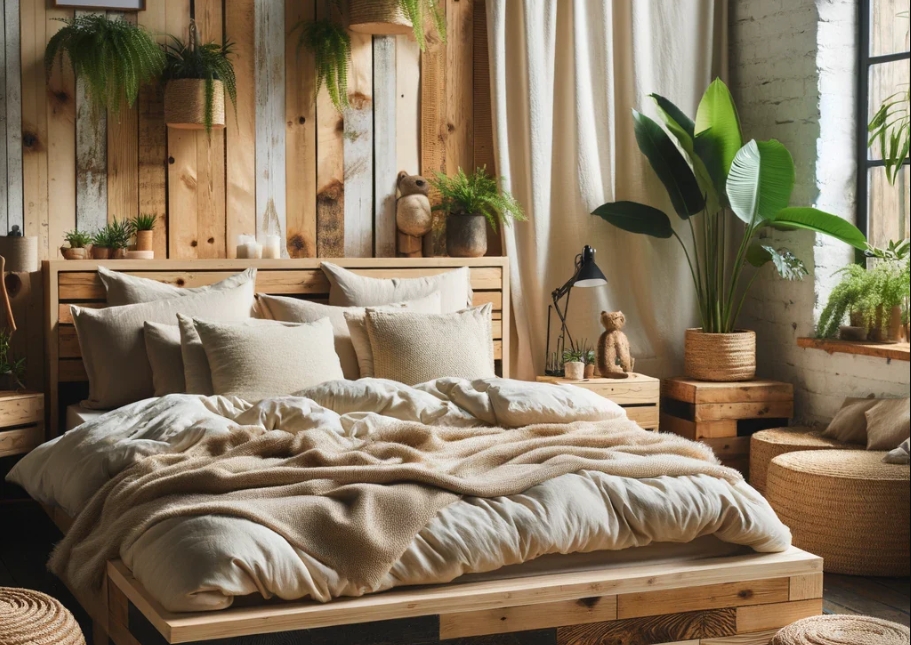
In today’s eco-conscious world, selecting a sustainable pillowcase manufacturer is not just about comfort and aesthetics—it’s about making a positive impact on the environment, supporting ethical practices, and ensuring long-term durability. With the bedding industry increasingly embracing sustainability, consumers and businesses alike are seeking manufacturers that prioritize eco-friendly materials, ethical labor standards, and environmentally responsible production processes. This blog provides a comprehensive guide to choosing a sustainable pillowcase manufacturer, offering actionable tips to help you make informed decisions. From certifications to materials and transparency, we’ll cover everything you need to know to align your bedding choices with your values.
Why Choose a Sustainable Pillowcase Manufacturer?
Before diving into the tips, let’s understand why sustainability matters in the context of pillowcases. Pillowcases are an essential part of your bedding, coming into direct contact with your skin and hair for hours each night. Choosing a sustainable manufacturer ensures that the products you use are free from harmful chemicals, produced ethically, and designed to minimize environmental impact. Sustainable pillowcases are often made from renewable, biodegradable materials like organic cotton, bamboo, or Tencel, which reduce the carbon footprint compared to synthetic alternatives like polyester. Additionally, sustainable manufacturers prioritize fair labor practices, ensuring workers are treated ethically and paid fairly. By choosing a sustainable pillowcase manufacturer, you contribute to a healthier planet, support ethical supply chains, and invest in high-quality products that last.
Tip 1: Prioritize Certifications for Authenticity

One of the most reliable ways to identify a sustainable pillowcase manufacturer is by checking for third-party certifications. These certifications verify that the manufacturer adheres to strict environmental, social, and ethical standards. Here are the key certifications to look for:
1.BSCI Certification:
BSCI stands for Business Social Compliance Initiative. It is a leading global initiative that aims to improve social and environmental conditions in the supply chains of companies. Here is a detailed explanation:
Background and Purpose
The BSCI was established to provide a common platform for companies to manage and monitor social compliance in their supply chains. It helps companies ensure that their suppliers adhere to ethical and sustainable business practices, thereby enhancing the overall social and environmental performance of the supply chain.
Benefits of BSCI Certification
For suppliers, it can enhance their reputation, open up new business opportunities with companies that require BSCI compliance, and improve working conditions for employees, which can lead to increased productivity and reduced staff turnover. For companies that source from BSCI - certified suppliers, it helps them manage supply chain risks, demonstrate corporate social responsibility to consumers and stakeholders, and build a more sustainable and ethical brand image.
2.ISO Certification:
ISO stands for the International Organization for Standardization. It is a globally recognized organization that develops and publishes international standards across a wide range of industries and sectors. ISO certifications are based on these standards and are designed to demonstrate an organization's compliance with specific requirements, bringing numerous benefits to the certified entities. Here is a detailed explanation:
Background and Purpose
The ISO was founded to promote the development of standardization and related activities worldwide, with the aim of facilitating international trade and cooperation. ISO certifications provide a common framework and set of guidelines that enable organizations to operate more efficiently, improve quality, and enhance their overall performance. They also help to build trust and confidence among customers, partners, and stakeholders by ensuring that the certified organization meets certain international standards.
Benefits of ISO Certification
ISO certifications offer several advantages. They can enhance an organization's reputation, making it more attractive to customers, partners, and investors. They also help to improve internal processes, leading to increased efficiency, reduced waste, and lower costs. Additionally, ISO certifications can facilitate access to new markets, as many international customers and suppliers prefer to work with certified organizations. For example, a company with ISO 9001 certification may find it easier to win contracts with large multinational corporations that have strict quality requirements.
Tip 2: Choose Eco-Friendly Materials
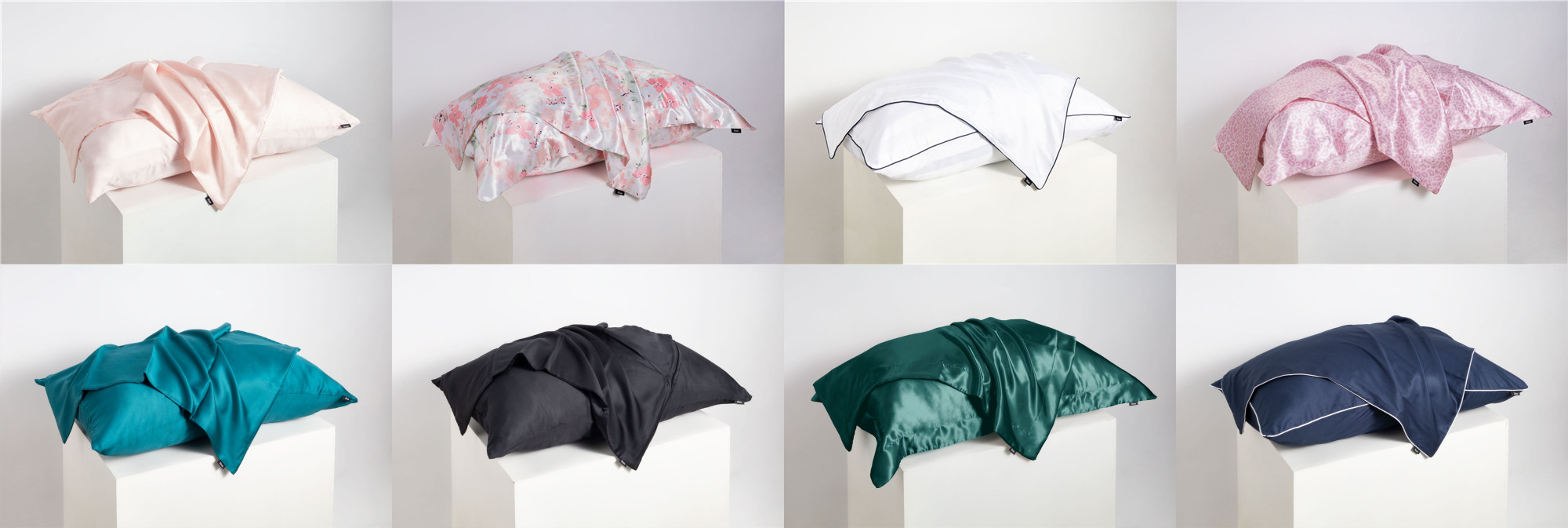
The material of the pillowcase is a critical factor in determining its sustainability. Sustainable pillowcase manufacturers use renewable, biodegradable, and low-impact materials. Here are some of the best options.
Organic Cotton: Grown without harmful pesticides or synthetic fertilizers, organic cotton is breathable, soft, and hypoallergenic. It has a lower environmental impact than conventional cotton, which is resource-intensive and often involves toxic chemicals. Look for certified organic cotton for the highest standard.
Bamboo fiber: Bamboo-derived fabrics, such as bamboo viscose or lyocell, are sustainable due to bamboo’s rapid growth and minimal resource requirements. Bamboo pillowcases are soft, moisture-wicking, and naturally antimicrobial, making them ideal for sensitive skin. Ensure the bamboo is processed in a closed-loop system to minimize environmental impact.
Tencel (Lyocell): Made from sustainably sourced wood pulp, Tencel is produced in an eco-friendly closed-loop process that recycles water and solvents. It’s breathable, moisture-wicking, and hypoallergenic, offering a silk-like feel without the ethical concerns of traditional silk.
Linen: Made from flax, linen is a durable, biodegradable material that requires less water and pesticides than cotton. Linen pillowcases are breathable, cooling, and become softer with each wash, making them a long-lasting choice.
Avoid synthetic materials like polyester, which are derived from non-renewable petroleum and contribute to microplastic pollution. Also, be cautious with silk unless it’s ethically sourced, as traditional silk production involves animal exploitation, which may not align with vegan or cruelty-free values.
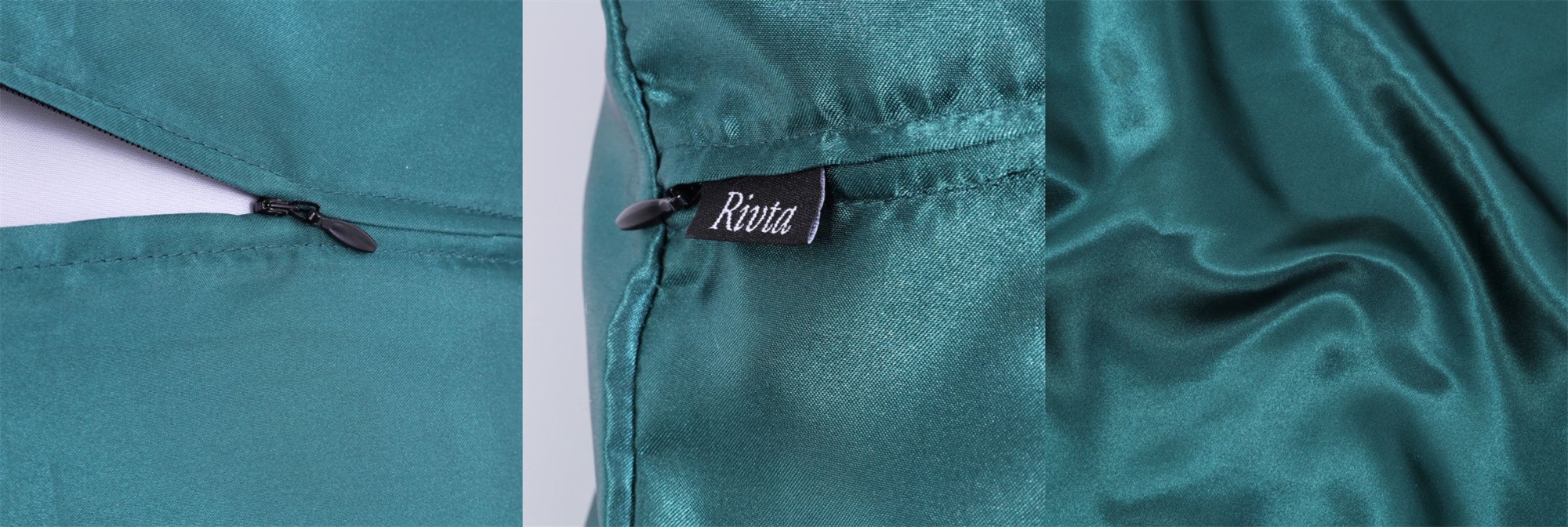
Tip 3: Evaluate Manufacturing Processes
Sustainable manufacturing goes beyond materials—it involves energy-efficient factories, minimal water usage, and responsible waste management. Look for manufacturers that:
- Use renewable energy sources or energy-efficient machinery to reduce their carbon footprint.
- Implement water recycling and conservation practices, especially important for water-intensive processes like dyeing and finishing textiles.
- Partner with recycling companies to repurpose fabric scraps and packaging materials.
- Publish annual sustainability reports detailing their environmental impact and progress toward sustainability goals.
Ask manufacturers about their production processes or check their websites for sustainability reports. Companies like Thomaston Mills and Made Trade emphasize energy-efficient factories and recycling partnerships, setting a strong example.
Tip 4: Assess Product Durability and Longevity
Sustainable pillowcases should be durable to reduce the need for frequent replacements, which conserves resources. High-quality materials like organic cotton, linen, and Tencel are naturally durable and often improve with washing. Consider:
- Thread Count: For cotton pillowcases, a thread count of 200–600 indicates good quality and durability. Higher thread counts don’t always mean better quality, as some manufacturers artificially inflate numbers.
- Weave Quality: Sateen weaves (e.g., for organic cotton) are silky and durable, while percale weaves are crisp and long-lasting.
- Care Instructions: Choose pillowcases with clear washing instructions to maintain fabric integrity. Use mild detergents and low-heat settings to extend lifespan.
Tip 5: Look for Circular Economy Practices
A circular economy minimizes waste by reusing, recycling, or upcycling materials. Some sustainable pillowcase manufacturers offer innovative programs to support this model:
- Take-Back Programs: Some brands offer rental or take-back options where used pillowcases are recycled, upcycled, or renewed for further use.
- Recycled Materials: Manufacturers use recycled cotton to create new pillowcases, reducing the demand for virgin materials.
- Refillable Pillowcases: For adjustable pillows, some manufacturers provide extra fill or refill packs to extend the product’s life without requiring a full replacement.
These practices reduce landfill waste and align with sustainable principles by keeping materials in use for as long as possible.
Tip 6: Research the Manufacturer’s Reputation

Finally, research the manufacturer’s overall reputation for sustainability. Check:
- Customer Reviews: Look for feedback on product quality, durability, and the manufacturer’s responsiveness to sustainability concerns.
- Sustainability Reports: Reputable manufacturers publish annual reports detailing their environmental and social impact.
- Industry Recognition: Brands like Avocado, Boll & Branch, and Naturepedic have earned awards or certifications for their sustainability efforts, indicating trustworthiness.
You can also explore platforms like Made Trade or Common Objective, which connect consumers with verified sustainable manufacturers.
Tip 7: Questions to Ask a Potential Manufacturer
To ensure you’re choosing a truly sustainable pillowcase manufacturer, ask these questions:
- What certifications do your products hold (e.g., BSCI, ISO, Fair Trade)?
- What materials are used, and are they organic or sustainably sourced?
- Where are your materials sourced, and where are the pillowcases manufactured?
- What steps do you take to reduce energy and water usage in production?
- Do you have a take-back or recycling program for used products?
- Can you provide a sustainability report or data on your environmental impact?
- Are your workers paid fair wages and provided safe working conditions?
A transparent manufacturer will readily provide answers or direct you to relevant documentation on their website.
Tip 8: Recommended Sustainable Pillowcase Manufacturers
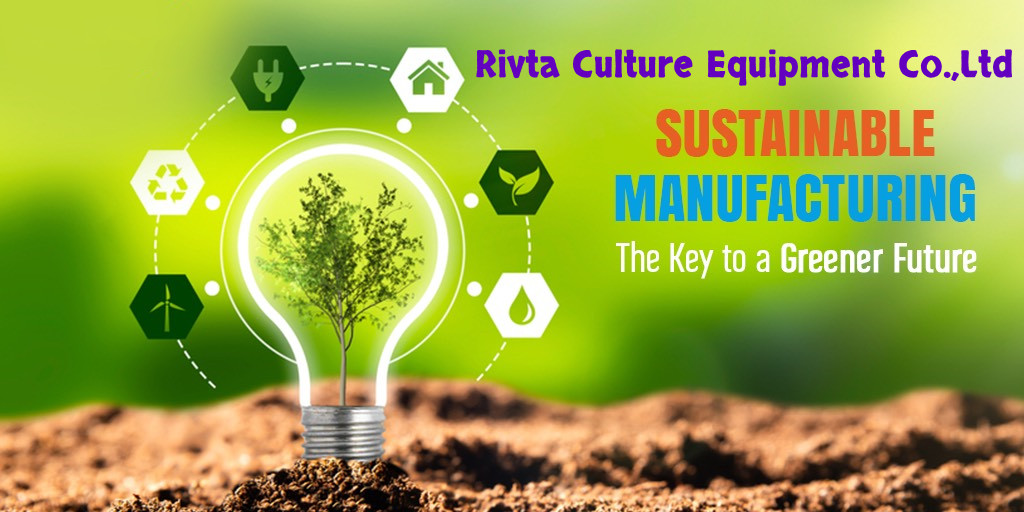
Based on the criteria above, here are a few standout manufacturers to consider:
- RIVTA: Offers ISO and BSCI certified organic cotton pillowcases with a focus on ethical production.
- Boll & Branch: Known for Fair Trade- and GOTS-certified bedding, with full supply chain traceability.
- Avocado: Produces organic cotton and Tencel pillowcases with GREENGUARD Gold certification.
- Coyuchi: Emphasizes circular economy practices with rental and take-back programs for organic bedding.
- Ethical Bedding Company: Specializes in 100% organic Tencel pillowcases that mimic silk’s benefits while being vegan-friendly.
These brands consistently receive high marks for sustainability, quality, and transparency.
Conclusion
Choosing a sustainable pillowcase manufacturer requires careful consideration of certifications, materials, manufacturing processes, labor practices, durability, and circular economy initiatives. By prioritizing third-party certifications like GOTS and ISO & BSCI, selecting eco-friendly materials like organic cotton or Tencel, and researching a manufacturer’s reputation, you can make a choice that benefits both the planet and your well-being. Sustainable pillowcases not only enhance your sleep quality but also contribute to a healthier environment and fairer world.
Take the time to ask questions, verify claims, and invest in high-quality products that align with your values. With the right manufacturer, your pillowcase can be a small but meaningful step toward a more sustainable future. Start exploring certified sustainable brands today and rest easy knowing you’re making a difference—one night at a time.
